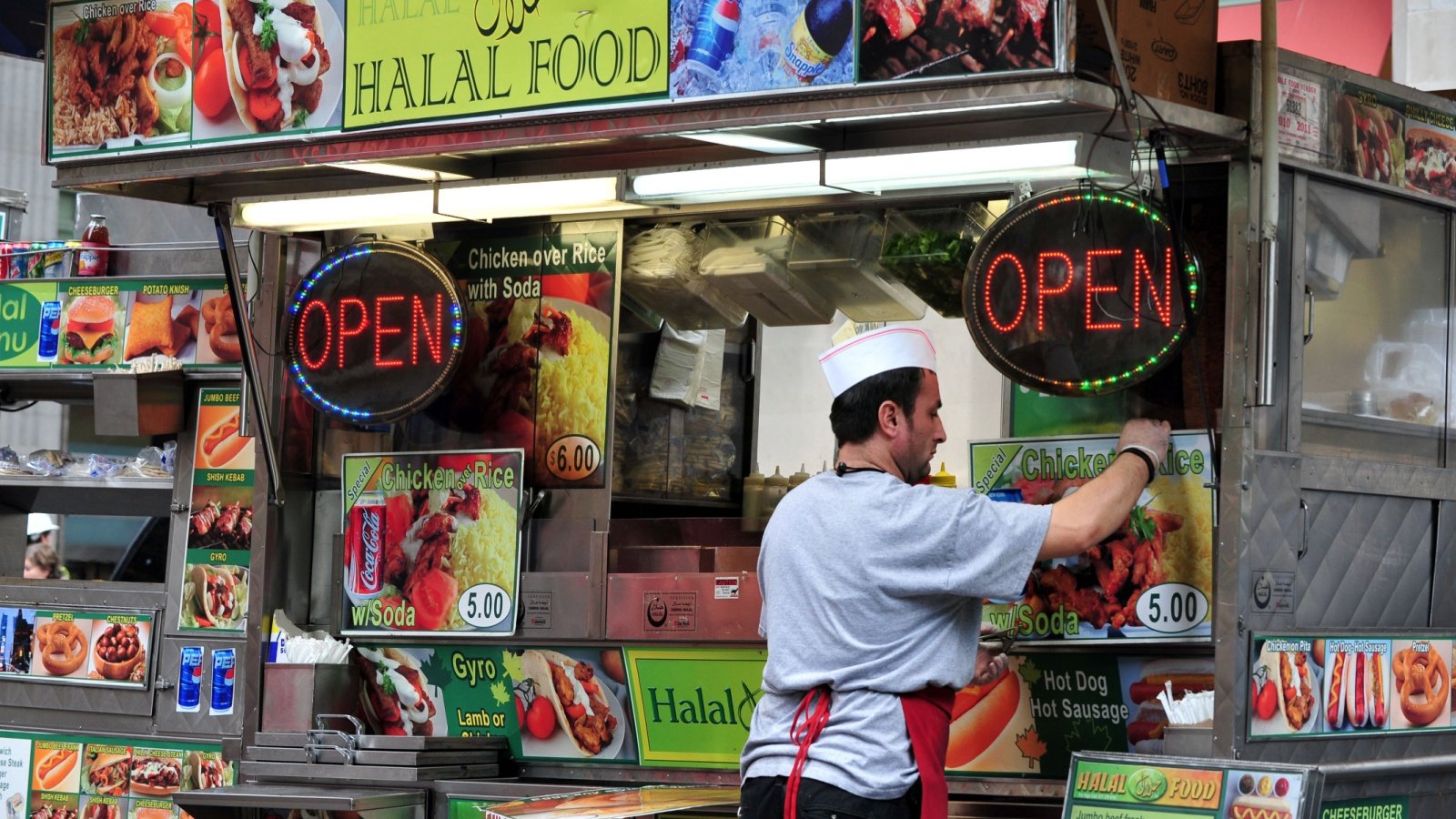Several major brands collapsed under economic pressures during the COVID-19 pandemic. From retail giants to oil tycoons, the impact was widespread. Here, we examine well-known companies that declared bankruptcy, the reasons behind their financial troubles, and the effects on their industries.
J.C. Penney

J.C. Penney filed for Chapter 11 bankruptcy in May 2020. The company struggled with years of declining sales, exacerbated by the COVID-19 pandemic’s impact on retail traffic. Its attempt to restructure under bankruptcy included closing several stores and laying off thousands of employees.
Hertz

Hertz, one of the largest car rental companies globally, declared bankruptcy a year after travel restrictions and economic downturns crushed its revenue. The company’s inability to meet its debt obligations forced it to seek protection under Chapter 11.
Neiman Marcus

Luxury retailer Neiman Marcus filed for bankruptcy in September 2020, succumbing to the pressures of massive debts and a significant drop in consumer spending. The company planned to use bankruptcy proceedings to restructure its debt and streamline operations, focusing on a stronger digital presence. Neiman Marcus aims to attract new investment to stabilize its future.
Brooks Brothers

Brooks Brothers filed for bankruptcy in July 2020. The iconic brand faced declining sales, high rents, and disruptions from the pandemic. It sought a buyer to preserve its legacy while attempting to reorganize its operations and reduce costs.
Ascena Retail Group

Ascena Retail Group, the owner of popular brands like Ann Taylor and Loft, declared bankruptcy in July 2020. Faced with dwindling sales and overwhelming debt, the company aimed to close a significant number of its stores.
GNC

Health and wellness retailer GNC filed for Chapter 11 bankruptcy in June 2020 as it struggled with declining sales and a hefty debt load. The company planned to close up to 1,200 stores and search for a buyer to help salvage its operations.
Ruby Tuesday

Casual dining chain Ruby Tuesday declared bankruptcy in October 2020, citing the impact of the COVID-19 pandemic on its business. The company announced it would permanently close 185 locations and hoped to restructure its debts to improve profitability.
Guitar Center

Guitar Center, the largest U.S. retailer of musical instruments, filed for bankruptcy in November 2020. The company faced challenges from online competition and changing consumer habits, further stressed by the pandemic’s impact. Through bankruptcy, Guitar Center planned to reduce its debt by approximately $800 million and continue operating its stores.
Lord & Taylor

Iconic department store Lord & Taylor filed for bankruptcy in August 2020 and announced it would close all its stores. The retailer struggled with declining foot traffic and competition from online platforms. Lord & Taylor’s bankruptcy marked the end of a 194-year-old legacy in American retail.
Pier 1 Imports

Pier 1 Imports filed for bankruptcy in February 2020 and later decided to liquidate and close all its stores. The pandemic accelerated the decline in sales, sealing its fate. Pier 1 aimed to sell its intellectual property and e-commerce operations during its bankruptcy proceedings.
Sizzler USA

Sizzler USA filed for Chapter 11 bankruptcy in September 2020 as it faced difficulties from dine-in restrictions during the pandemic. The company sought to restructure its debt and renegotiate leases while keeping its locations open.
Stein Mart

Discount retailer Stein Mart filed for bankruptcy in August 2020 and announced it would close most, if not all, of its stores. The company suffered from decreased sales and was unable to secure sufficient capital to continue operations.
Century 21

Century 21 filed for bankruptcy in September 2020. The company blamed its insurers’ refusal to pay claims related to business interruptions during the pandemic as a key reason for its financial downfall. Century 21 decided to close all its stores, ending a 60-year presence in the retail market.
Tailored Brands

Tailored Brands, the parent company of Men’s Wearhouse and Jos. A. Bank, filed for bankruptcy in August 2020. The formalwear market’s collapse, driven by canceled events and a shift towards casual attire during the pandemic, heavily impacted sales.
J. Crew

J. Crew filed for bankruptcy in May 2020, becoming the first major retailer to do so during the pandemic. This preppy clothing brand struggled with a heavy debt load and declining sales even before the health crisis. J. Crew’s bankruptcy filing aimed to convert about $1.65 billion of its debt into equity and secure financing to continue operations.
Quiksilver

Quiksilver, the surfwear brand, faced financial difficulties that led to its bankruptcy filing in the past year. Despite strong brand recognition, it struggled to compete with emerging lifestyle brands and online retail shifts.
Valaris

Valaris, the world’s largest offshore drilling contractor, filed for bankruptcy in August 2020 due to a historic oil price slump and reduced demand for drilling services. The company planned to lighten its massive $7 billion debt load through bankruptcy proceedings.
Whiting Petroleum

Whiting Petroleum, a major player in the U.S. shale industry, declared bankruptcy in April 2020 after failing to cope with the oil price wars and the pandemic’s demand shock. The company sought to eliminate $2.7 billion in debt and continue its operations during the restructuring.
Intelsat

Intelsat, one of the largest satellite service providers, filed for bankruptcy in May 2020 as it faced substantial financial challenges. The company aimed to participate in a federal spectrum auction to raise funds, requiring it to clear massive existing debts.
McClatchy

McClatchy, the second-largest local news company in the U.S., filed for bankruptcy in February 2020. The publisher struggled with extensive pension liabilities and a significant drop in print advertising revenues.
Le Pain Quotidien

Le Pain Quotidien filed for bankruptcy in May 2020 as the pandemic crushed its business model, relying heavily on dine-in customers. The company sold its U.S. assets to Aurify Brands and planned to close many locations.
24 Hour Fitness

24 Hour Fitness filed for Chapter 11 bankruptcy in June 2020 after prolonged closures and decreased memberships due to health restrictions. The company planned to close over 130 gyms and focus on markets where it believed it could be most successful.
Art Van Furniture

Art Van Furniture filed for bankruptcy in March 2020 and announced it would be liquidating its stores. The company struggled with changing consumer preferences and an overwhelming debt load. The liquidation marked the end of a decades-long presence in the furniture retail industry.








